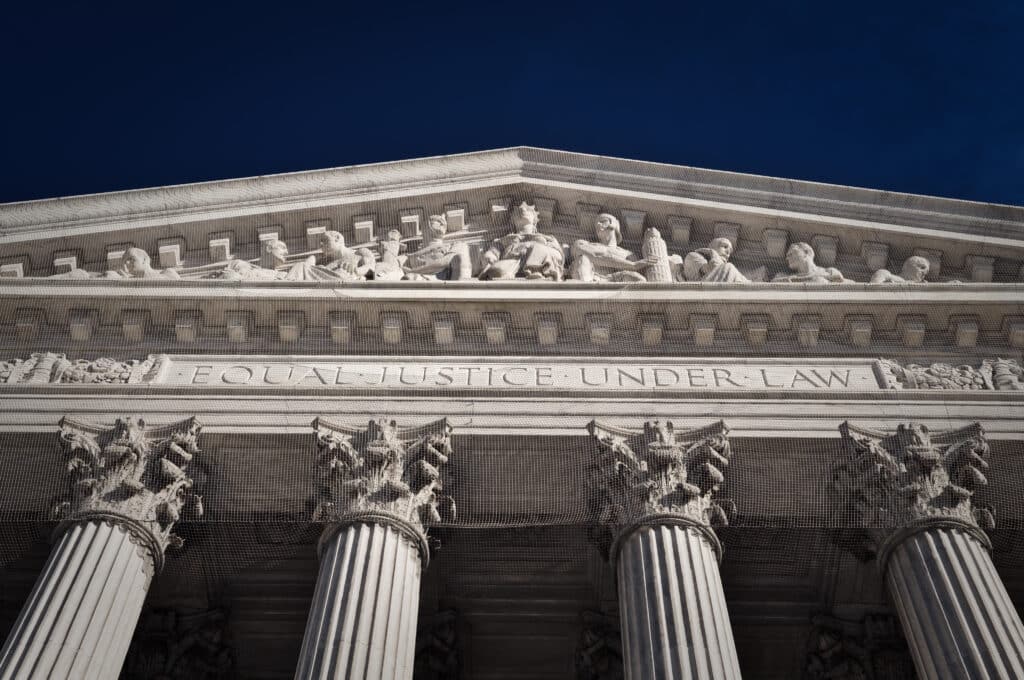When faced with a criminal charge, one will need to go through the justice system. A criminal defense attorney can provide one with the support and guidance they need in order to strive to achieve the best possible outcome. Since one hears about the adult and juvenile criminal justice systems as two separate terms, one may wonder what the differences between adult and juvenile criminal justice systems are, so that they may be better prepared to face them.
Here are some of the key differences between the adult and juvenile criminal justice systems so that one may have a better understanding of what to expect in each.
#1. The Age Of The Defendant
This varies depending on the state, but generally, a juvenile is someone who is between the ages of 10 and 17. Once one reaches the age of 18, they may then enter into the adult justice system. However, depending on the state, the maximum age for a juvenile may be 16.
There are cases in which a juvenile may be tried as an adult. This is generally when the defendant has been accused of a serious crime, such as murder.
#2. Punishment Vs Rehabilitation
One of the key differences between adult and juvenile criminal justice systems is their end goal. The juvenile justice system tends to be more lenient, as it is believed that juveniles are still learning the difference between right and wrong. As such, the end goal of the juvenile justice system tends to be rehabilitation.
On the contrary, in the adult justice system, adults are believed to know whether or not they did something wrong. Rather than rehabilitation, the focus of the adult justice system tends to be on punishment and deterrence.
#3. Terms Used
Another one of the main differences between adult and juvenile criminal justice systems is the terminology used. Some of these differences are as follows:
- Crimes versus delinquent acts. While adults commit crimes, juveniles commit delinquent acts. This extends into how they are referred to, as well. For instance, while an adult who committed a crime is called a criminal, a juvenile who committed a delinquent act is called a juvenile delinquent.
- Complaint versus petition. Adults have complaints brought against them in a court of law while juveniles are faced with petitions.
- Conviction versus adjudication. When adults are found guilty of the charges brought against them, they are convicted of the crime. When juveniles are found delinquent, they are an adjudicated delinquent.
- Sentencing versus disposition. When found guilty, an adult is sentenced to a certain punishment. However, a juvenile faces a disposition rather than a sentencing in order to determine what should happen to them.
There are quite a few differences in the terminology between adult and juvenile criminal courts, due to how the justice system tends to prefer rehabilitation for juveniles and punishment for adults.
#4. Open Versus Closed Hearings
When an adult is charged with a crime, their hearing tends to be open to the public. On the other hand, juveniles tend to have closed hearings, in order to protect their privacy. This means that when a juvenile has their hearing, it is typically just them, the judge, the lawyers, the probation officers, and the juvenile’s family.
#5. Expungement
Expungement refers to when an offense is removed from one’s records. While adults can have their records expunged, depending on the crime and the state, it is typically a more difficult process. When juveniles are found delinquent, the rules for expungement tend to be more lenient. Many juveniles have their records expunged when they turn 18.
#6. Juries
Adults are faced with a jury of their peers in a court of law. However, juveniles rarely have juries present. Rather, the judge tends to be the only person who needs to be convinced of whether or not they committed the act they were charged with.
#7. Jurisdiction
Another way in which there are differences between adult and juvenile criminal justice systems is in regard to jurisdiction. When an adult is charged with a crime, their case is typically tried in the county where the crime occurred. However, when a juvenile is charged with a delinquent act, they may have their case heard in their county of residence, rather than where the delinquent act occurred.
Do You Need A Criminal Defense Attorney?
As you can see, there are quite a few differences between adult and juvenile criminal justice systems. However, one key similarity is the need for a quality attorney to fight for you. Kaufman, Nichols, & Kaufman provides criminal defense legal services to adults and juveniles. Contact us today to schedule your case consultation and let us protect you.

